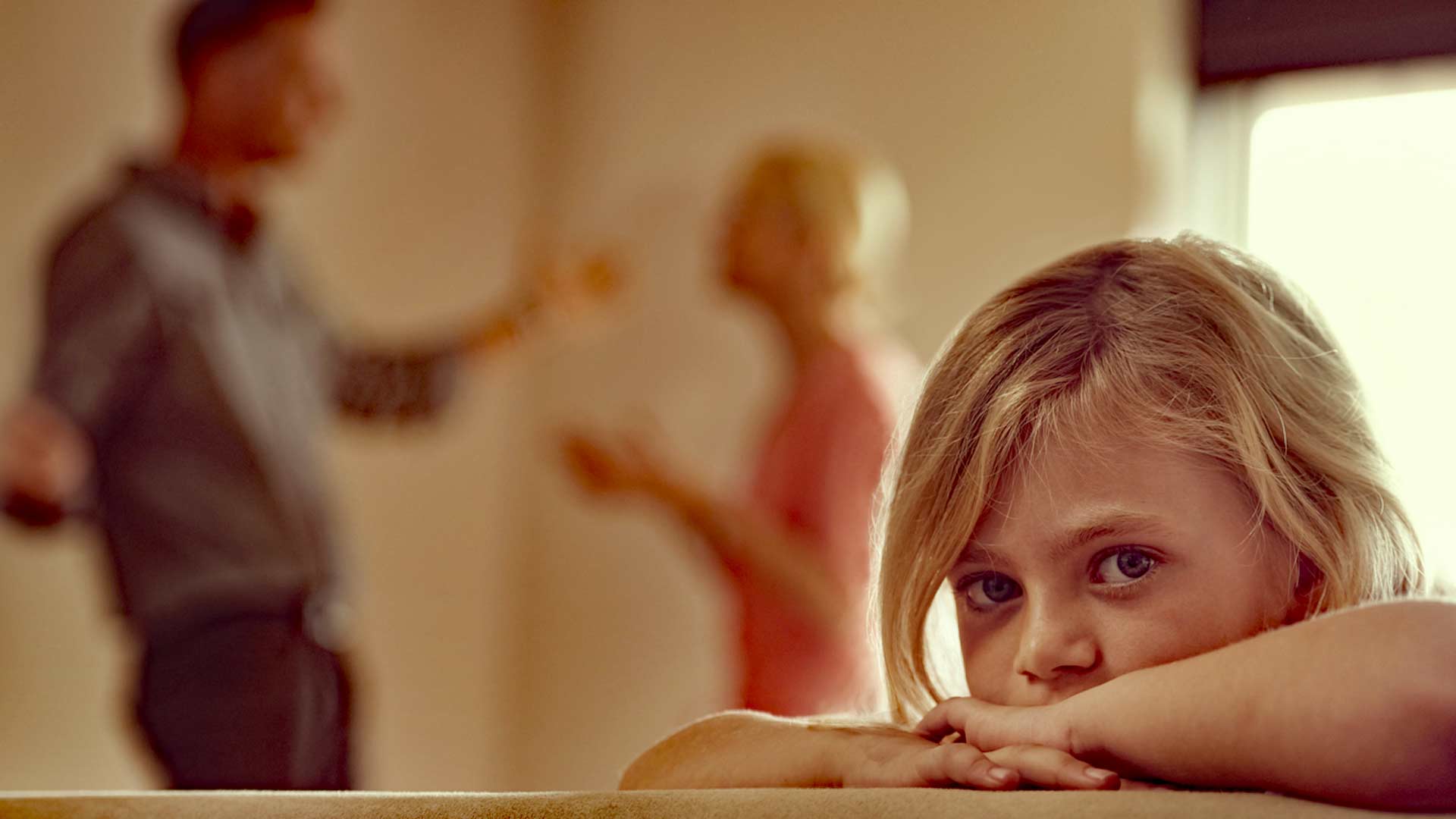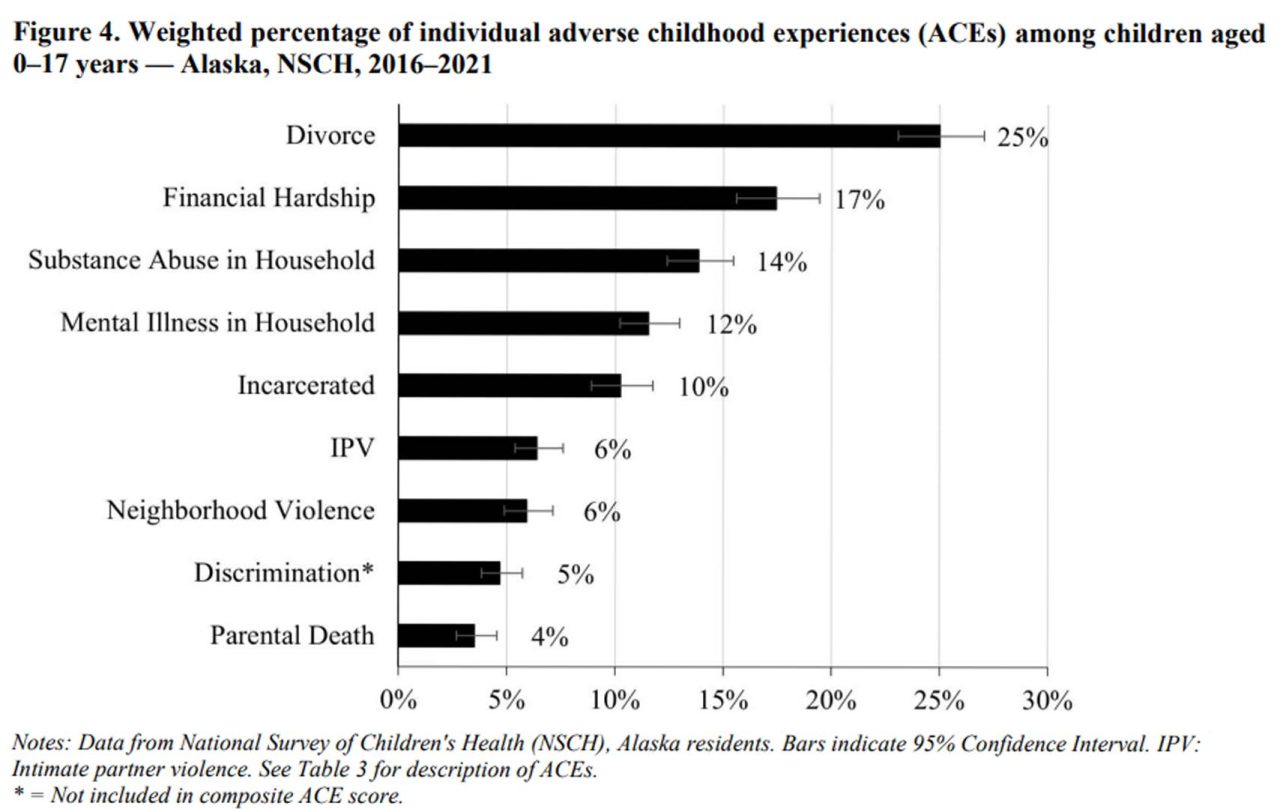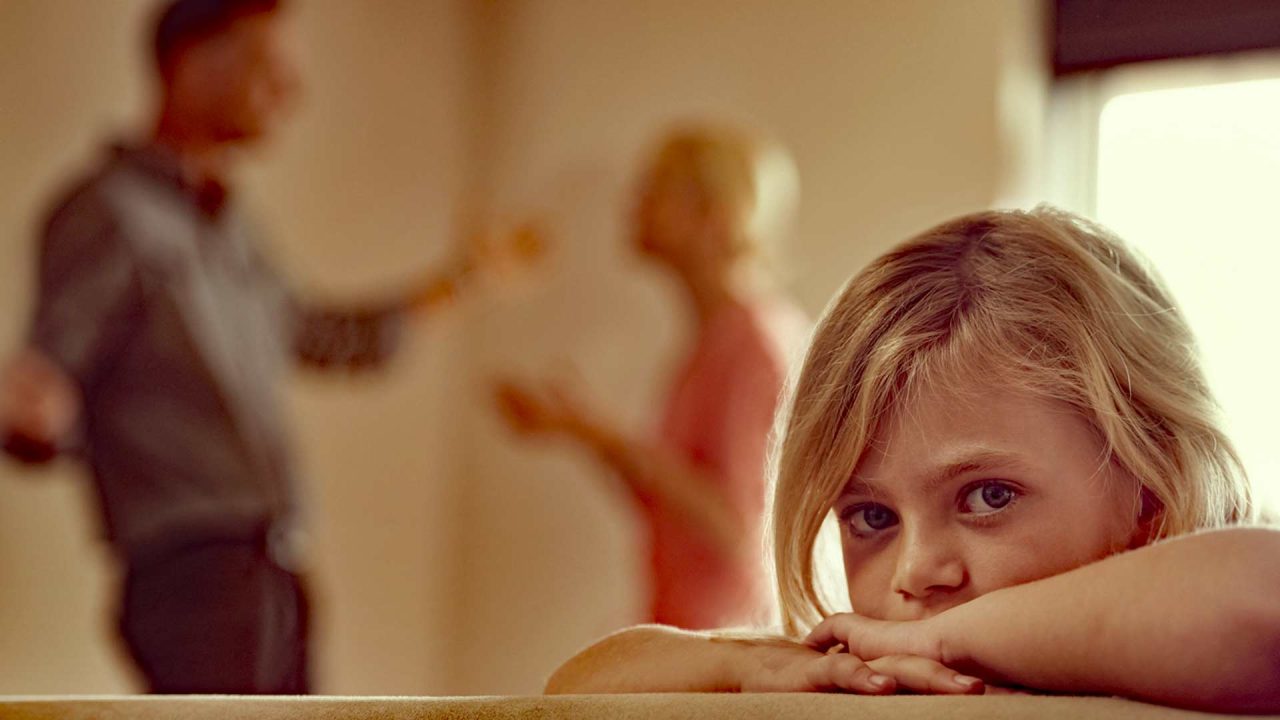
According to a new report from the Alaska Department of Health, divorce and parental separation were the most common adverse childhood experiences suffered by Alaska children, ages 0-17.

Published on Dec. 11, the State of Alaska Epidemiology Bulletin covers the years 2016 to 2021.
Adverse childhood experiences (or ACE) are defined as “potentially traumatic events that occur in childhood” and which are linked to negative health, behavioral and economic outcomes in adulthood. These events include child abuse, neglect, substance abuse, financial hardships and other factors.
Divorce and separation, however, are the most frequent forms of childhood trauma.
According to the report, “stable, nurturing environments and relationships are essential to children’s health and wellbeing.” But childhood trauma undermines a “child’s sense of safety, stability, and bonding.”
Exposure to multiple adverse experiences, including growing up in a household that suffers from “instability due to parental separation or incarceration,” increases the risk of disease, mental health issues, substance abuse and death,” the report states.
While the report did not look at causal relationships, after divorce or separation, the next most common ACE was family financial hardship.
One of the effects of divorce is that children suffer “exposure to high or protracted parental conflict surrounding divorce.” The report, however, asserts that divorce itself is not to be primarily blamed for causing childhood trauma. Rather, it is the conflict that ensue from the divorce. Given this interpretation, the report claims it would be most effective to “focus on parental conflict surrounding divorce rather than only the presence of divorce.”
ALASKA WATCHMAN DIRECT TO YOUR INBOX
According to state health records, divorce has long plagued Alaska families. The state had 4,642 marriages and 2,299 separations or divorces in 2021. Since 1990, marriage rates have plummeted, going from 10.3 marriages per 1,000 people to just 6.3. Likewise, separations followed, going from 5.9 per 1,000 residents to 3.1 over the same time period.
The report offered no concrete recommendations for how to strengthen married life or minimize the divorce and separation crisis, but it did use terminology that is often employed to minimize the traditional role of fathers and mothers in stable family life. Notably, the 40-page report only mentions the word “mother” twice. In 11 instances it opts for the term “birthing parent,” a new word that is popular among leftist organizations that don’t want to offend gender-confused, child-bearing women who identify as men. The word “father” is entirely absent from the report.








4 Comments
I wonder if their report is a distraction to pull our attention away from the fact that they are destroying our children. Better yet, maybe this is the beginning of the narrative for removing parents from the children’s lives altogether?
This is a subject that needs to be addressed by law makers, who every year squabble about the budget and address little to nothing else. Some States have figured out better and more equitable ways to deal with divorce and how they can reduce the trama, and the adjustment of children of divorce. First, they have put into the there divorce Statutes that there is a presumption of 50/50 child custody. Subject to change only through conviction of felony violent crimes. Child support is not based on income but rather an amount set by the State legislature to raise a child in their State per month, adjusted as the child matures. Both parents pay into The Federal mandated and created child support department account where the the designated amount is paid also 50/50 by the parents, regardless of how much one person makes over the other. (there would be no need for support at all if the feds kept their nose out of the people’s business) Those moneys could be drawn by both parents as needed, but would be regulated and accounted by the child support Dept. as items specifically for the child. That would not include anything other than clothes, medical and dental needs, special foods designated and required by a physician’s script. The Courts, would not have discretionary powers in these matters and the legislators will direct that statute language will not contain language that a judge will be allowed to make life altering personal decisions. Eliminating language such as, “may, consider, or at the court’s discretion”. Judges are not Solomon, they are people that enforce and interpret the law. They are trained in matters of the law, not people’s personal matters. They do not decide the fate of people lives in civil matters’ of marriage. It is fair with a 50/50 custody, support is only needed because of federal law, and it lets parents raise and make decisions about their own children without government intrusion into people’s personal lives. Have you ever seen the government make anything better when they get involved in something? They forget, “What God has brung together let NO MAN put asunder”. Marriage is a holy institution by God, not a institution of the government. It’s time to take back our back our personal freedoms, and responsibilities. Numerous states have put this into law, and it’s time Alaska did.
ML–the report emphasizes that the preventing divorce/separation will not reduce ACEs as the problem lies not in the divorce or separation, itself but in the conflict and instability that results in divorce/separation.
As a 50 year educator I assure you nothing is more devastating to a child than a parent’s divorce regardless of cause and situation! Nothing!! The women’s movement and others just wanted to convince us kids are better in divorce. In a violent situation I agree!